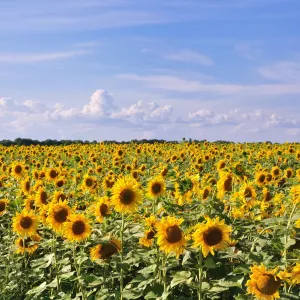From bad to worse: How Russia-Ukraine war-related export restrictions exacerbate global food insecurity
BY JOSEPH GLAUBER,DAVID LABORDE AND ABDULLAH MAMUN Global turmoil and supply shocks can increase a country’s vulnerability to food shortages. In the past, countries have often resorted to restrictive trade policies to address food supply disruptions. The Ukraine-Russia crisis is no exception; a number of countries have imposed export restrictions in various forms. With food prices already high due to COVID-related supply

From bad to worse: How Russia-Ukraine war-related export restrictions exacerbate global food insecurity
BY JOSEPH GLAUBER,DAVID LABORDE AND ABDULLAH MAMUN
Global turmoil and supply shocks can increase a country’s vulnerability to food shortages. In the past, countries have often resorted to restrictive trade policies to address food supply disruptions. The Ukraine-Russia crisis is no exception; a number of countries have imposed export restrictions in various forms.
With food prices already high due to COVID-related supply chain disruptions and drought-reduced yields last year, Russia’s invasion came at a bad time for global food markets. Russia and Ukraine alone account for 12% of total calories traded. As the war continues, there is a growing likelihood that food shortages, particularly of grains and vegetable oils, will become acute, leading more countries to turn to restrictions on trade.
Photo credit: Bo&Ko

